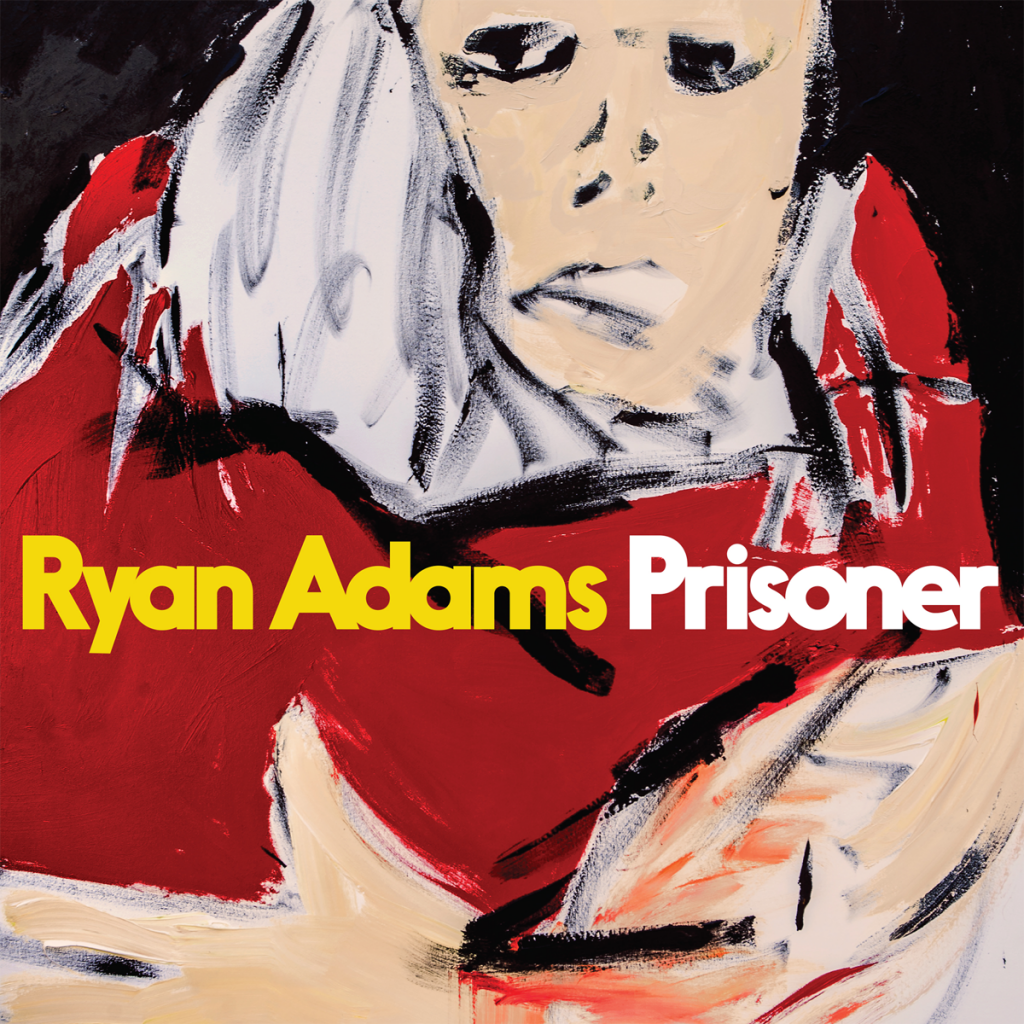
It may sound impossible to combine country music with alternative rock, but singer-songwriter Ryan Adams has made a career out of it. One of the most prolific singer-songwriters of our time, the former Whiskeytown frontman has released 16 solo albums in as many years, including “Prisoner,” which came out on Friday.
Adams is perhaps best known for delving into themes of loss, heartbreak and depression. In “Prisoner,” he taps into the sorrow he has felt since his recent divorce from pop star Mandy Moore. The result is an album that hearkens back to the pure devastation of Adams’ 2000 masterpiece, “Heartbreaker,” while forging ahead in the same stylistic direction he has been moving toward since before the breakup.
Since the start of his solo career in 2000, Adams has shifted between the country sound reminiscent of his Whiskeytown days and a sound reflecting the influence of rock artists like Tom Petty, Bruce Springsteen, The Replacements and The Smiths. He’s found a sweet spot along the musical spectrum, resulting in projects that blend his country sensibilities with his acute pop craftsmanship and deep-rooted passion for rock. “Prisoner” picks up where his eponymous 2014 album left off by invoking the distinct feel of ’80s rock giants. What sets it apart from his self-titled effort, or arguably any record he’s released since 2005, is Adams’ honest emotional expression and commitment to creating a distinct, consistent atmosphere throughout the album.
“Prisoner” opens with the ambient synths and punchy chords of what could be a lost track from Def Leppard or Scorpions. “Do You Still Love Me?,” the first single released from the album, sets the stage for its anxious, desperate tone. The next two tracks, “Prisoner” and “Doomsday” (released as a single the week of the presidential inauguration), convey Adams’ anguish with distant-sounding guitar parts and strained wailing of harmonicas.
“Anything I Say to You Now” switches gears with a reverberating guitar sound vaguely reminiscent of The Police or U2, an influence that also seeps its way into “Outbound Train” and “Broken Anyway.” “Breakdown” dramatically builds up from the spare acoustic guitar that backs its first verse, and “Tightrope,” the album’s penultimate track, takes a cue from Bruce Springsteen and the E Street Band’s epic ballads by adding a sax solo and a somber piano part toward the end of the song. The closer, “We Disappear,” wraps up the album with a morose, faraway guitar solo.
For some critics, the album’s lyrics may come off as too soppy and cliche. In the album’s title track, Adams sings, “If loving you is wrong / I am a criminal.” “Haunted House” and “Outbound Train” rely on similarly tired tropes. “Breakdown” contains the uninspired line, “Oh, my soul is black as coal,” and the album’s closing track incorporates the cringeworthy metaphor, “like a bad commercial in the movie of my life.” However, it then gives way to a better one: In what can be deemed a poetic summary of his entire musical career, Adams sings, “Wish I could explain but it hurts to breathe/Didn’t fit in my chest so I wore it on my sleeve.”
Fans will note that the album marks a milestone in the progression of Adams’ musical journey over the past few years. Adams has found a style that he’s truly comfortable in and has perfected it, all the while infusing it with the melancholy that has defined the best of his work.


